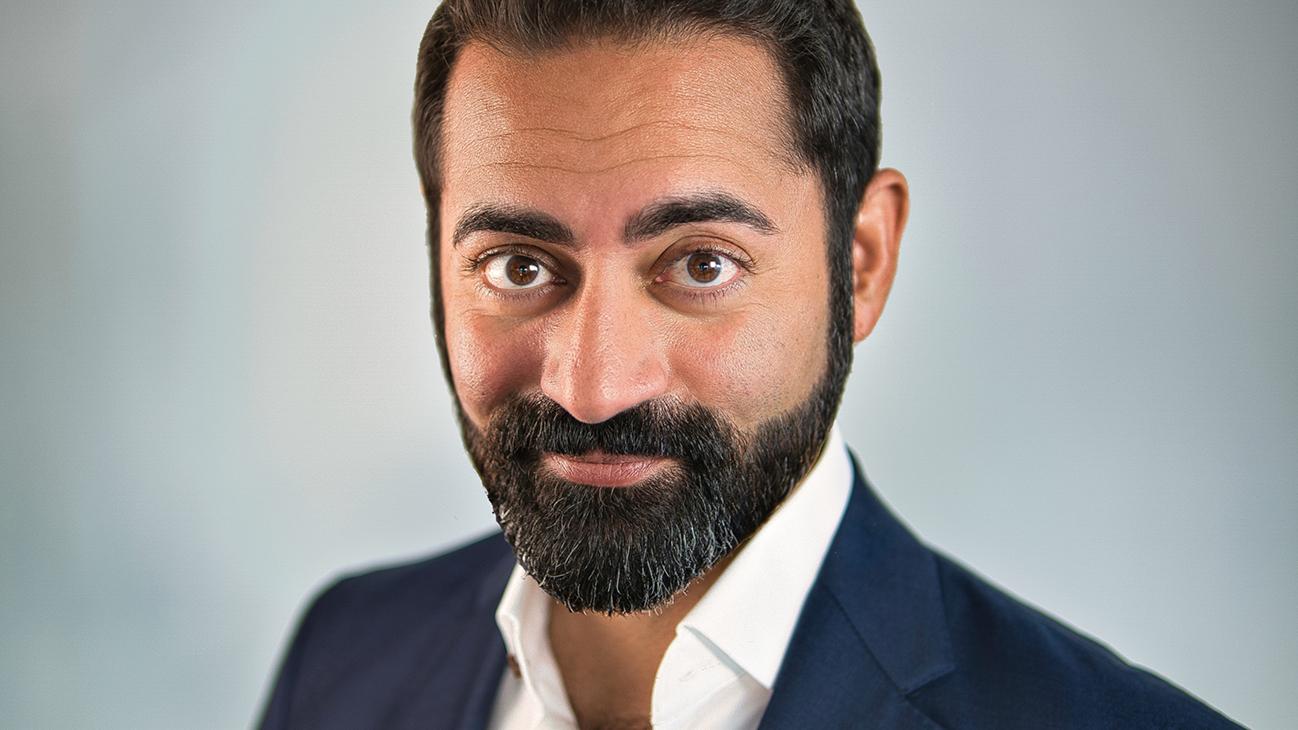With the rise of AI across industries, this has kicked a common fear in financial services into overdrive overnight — what is my value? That question is not only relevant to clients, but also to service providers themselves. Put another way, it’s the same as asking “what is my worth?”.
In a world where technology and innovation are rapidly transforming industries, it’s crucial to understand how these changes impact not just your work but also the value you provide to your clients. And believe it or not, a perfect example of how this all plays out comes from the world of race cars.
AI and the Art of Racing
Over 20 years ago, I went to school to become a professional race car driver. Back then, to drive fast, you had to first master what might seem trivial today: properly shifting gears.
This becomes crucial at the end of a straightaway as you approach a hard braking zone, because you need to use both your feet to manipulate all three pedals… at the same time. You have to brake to slow the car down, engage the clutch so you can shift gears, but also blip the throttle so you can match the speed of the engine to the next gear. This is probably best demonstrated with a video.
Back then, this fundamental skill was not only a great way to separate a skilled driver from an amateur, it was also a badge of honour. There was a sense of worth attached to being in this specially skilled club.
Today, a modern sportscar requires no skill to change gears. You press a button on the steering wheel and a computer controls the clutch and throttle for you. There are even computers to manage the brakes.
As we embrace this new paradigm, remember: the most sophisticated asset in your arsenal isn’t the latest technology, but the timeless power of human insight and understanding.
Now, anyone can hop into a $300,000 high-performance car and get going relatively quickly. And that’s key — anyone can do it. But while the learning curve to compete has shrunk, there are other lessons that come from training and experience that have been missed. The low barrier to entry can lead to a false confidence, and the accidents can be much larger as a result.
There is a clear correlation to wealth management. The barriers to investing have declined to zero. Consumers can trade without commissions, and they can even trade fractional shares. Today, virtually anyone can be an investor and they can start without ever talking to a human being.
Access to capital markets used to be gate-kept. But for true professionals who grew up in a world where you had to pay your dues over many years of training and experience, it is a source of angst. They used to be part of a specially skilled club that few could join. Now anyone can.
Innovation: A Double-Edged Sword
Initially, I viewed the technological advancements in auto racing with a tinge of skepticism, having honed my skills in a more demanding era. It felt unfair. Yet, over time, I recognized that innovations, while disrupting traditional practices, also offer new opportunities for those who adapt effectively.
The same is true for financial services. For instance, the introduction of ATMs in banking, while initially feared as job killers, expanded the industry’s reach. In the 50 years after this new technology was unveiled, the percentage of bankers in the labour force increased.
Just like I don’t have to think about shifting gears anymore, banking professionals were able to relegate menial tasks like processing deposits and withdrawals to technology, which allowed them to focus on higher-value tasks. And one of the highest value-added tasks today is understanding the psychological side of money and finances.
However, innovation is a double-edged sword. There are certainly many positive use cases, but there are negative outcomes as well. Think about the impact of social media. On one hand, it’s helped inform consumers and strengthen knowledge sharing between professionals. But on the other hand, the amount of bad financial advice on the internet has exploded. And it’s going to get worse with the latest advances in generative AI.
Take a look at the following short video. There are three clips in the video, and as you watch it, I want you to judge which clips are real and which clips are 100% AI-generated.
Most people are gob-smacked with this technology. You can use ChatGPT to write up a script in 10 seconds, copy that into a generative AI program, and have content ready to go in a minute. The rate at which someone can pump professional-looking content into the world is about to explode. And a lot of that is going to be noise that your clients should be avoiding, to put it politely.
So, on one hand, we will see an explosion of misinformation, disinformation, and just plain old bad advice available to financial consumers. More than what is already out there, which is bad enough. Will they be able to cut through the extra noise?
Behavioural Finance in Financial Decision-Making
I’ve long held the following view: Personal financial success is 90% psychology and 8% math. The missing 2% is meant to underscore that the math is less important than many people realize.
One theory from evolutionary biology essentially says that since we spent 99.999% of our evolution trying to survive until tomorrow morning, we’re really good at making decisions that benefit us in the short-term. This can lead to problems today because virtually all financial decisions are long-term trade-off choices.
For example, it can be hard for many people to save for the future because their sense of trade-off is different than what a financial projection shows. A financial projection shows that small sacrifices today (foregoing consumption in order to put money away) yields a much larger nest egg down the road with prudent investment. Put simply: “small pain today, large reward later”.
The problem is that our brains have a tendency to warp the size of the pain and the reward in this scenario. Because the pain (foregoing consumption) happens today, its psychological weight can be magnified in our minds. Alternatively, the larger, later reward of a much larger pot of money down the road is psychologically minimized because it is so far off into the future. In the human mind, the trade off looks like “large pain today, small reward later”.
There is a plethora of other psychological processes that tend to sabotage wealth. These can result in people wanting to speculate on NFTs and bitcoin, changing their portfolio strategy in response to short-term noise, lacking the proper insurance coverage, not budgeting, and more.
The Future of Financial Services and Wealth Management
In the realm of wealth management, as in the world of race car driving, the advent of technology has indeed lowered entry barriers and streamlined processes. However, this evolution brings to the forefront an undeniable truth: the expertise and insight of professionals are more vital than ever.
In this new digital age, the essence of wealth management is shifting. Competing on portfolio management is getting harder and harder. Investors have access to evidence-based portfolios for a fraction of the cost of traditional portfolio management. They also have access to bad investment strategies or taking a sound portfolio strategy and crashing it into the wall.
At the same time, we are seeing an increase in the demand for holistic financial advice, human connection, the ability to empathize, and the skill to help cut through the growing sea of digital noise.
As we embrace this new paradigm, remember: the most sophisticated asset in your arsenal isn’t the latest technology, but the timeless power of human insight and understanding. This is where the true worth of a wealth management professional lies.
The value add in wealth management today is not portfolio management. It’s people management.
Originally trained as a neuroscientist, Preet Banerjee now excels within the world of finance and with a unique ability to take the complexity out of money matters.
In his keynote “AI and the Art of Racing: Steering Through the Future of Financial Services”, Preet offers a compelling narrative that intertwines the adrenaline-fueled world of professional racing with the dynamic realm of financial services.
This eye-opening presentation explores the critical role of human expertise in an AI-dominated future, leaving audiences with a renewed appreciation for their role in the financial sector and a greater understanding into how to blend AI with human insight to provide unparalleled value to clients.
Contact us to learn more about Preet and how he can empower your team with the vision and skills to race ahead!




